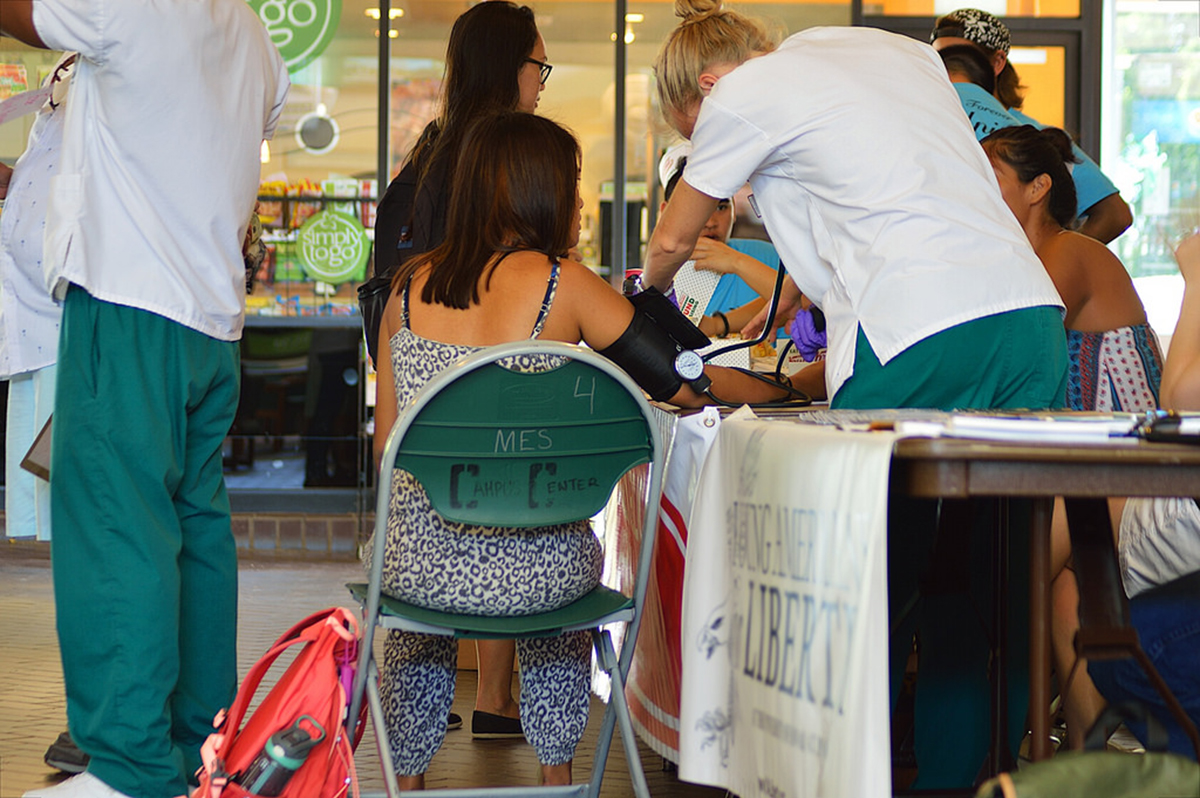Table of Contents
In addition to health screening tests men and women should both undergo, there are additional gender specific tests to detect certain medical conditions. Depending on your risk factors for certain conditions, your doctor may recommend more frequent screening.

Additional Screening Tests for Men
Testicular Cancer Screening: Testicular cancer is considered an uncommon type of cancer, but when it does occur it usually affects young men under the age of 40. Doctors recommend men under the age of 40 have a testicular exam at their yearly physical. Testicular cancer screening checks for hard lumps and growths on the testes.
Prostate Screening:Prostate cancer is one of the most common cancers found in men. The disease is often slow growing, which means if it is found early, the prognosis is often good.
Screening involves a digital rectal exam and in some instances, a blood test to measure the level of prostate antigen.
Skin Cancer Screening: Although women should also get screened for skin cancer, men are at a higher risk of getting certain types of skin cancer. Men are almost three times as likely to develop basal cell skin cancer as women. In addition, older men develop melanoma more frequently than women in the same age group. Men over the age of 18, especially those who burn easily or spend a lot of time in the sun, should have a skin cancer screening every year.
Women’s Health Testing Recommendations
In addition to the screening tests listed for both men and women, there are other heath tests, which are recommended for women at different ages. Consider some of the following health screening tests:
Pelvic Exam and Pap Smear: A pelvic exam checks for abnormalities of the female reproductive system including the uterus, ovaries and fallopian tubes. A pap smear is performed to identify the presence of cancer cells on the cervix. The U.S. Department of Health and Human Services recommends women between 21 and 29 have a pap smear every three years. Women between age 30 and 64 are recommended to have a pap smear every five years.
Breast Exam: Although doctors recommend women perform a self-breast exam monthly, they should also have a clinical breast exam performed by a doctor every year after the age of 18. The exam is quick and painless.
See Also: Seven Must-Have Medical Exams For Women
Mammogram: According to the National Cancer Institute, over 200,000 women and 2300 men will be diagnosed with breast cancer in the United States in 2014. Early detection is key to higher survival rates.
A mammogram uses low dose x-rays to create an image of the breast tissue in order to detect abnormal growths.
- www.cdc.gov/diabetes/news/docs/screening.htm
- www.hopkinsmedicine.org/healthlibrary/test_procedures/gastroenterology/colonoscopy_92,P07693/
- www.womenshealth.gov/publications/our-publications/fact-sheet/pap-test.html
- www.cancer.gov/cancertopics/types/breast
- Photo courtesy of Michele M. F. by Flickr: www.flickr.com/photos/e-coli/2981898402
- Photo courtesy of Article 25 Flickr by Flickr: www.flickr.com/photos/128268204@N02/15437970440


Your thoughts on this